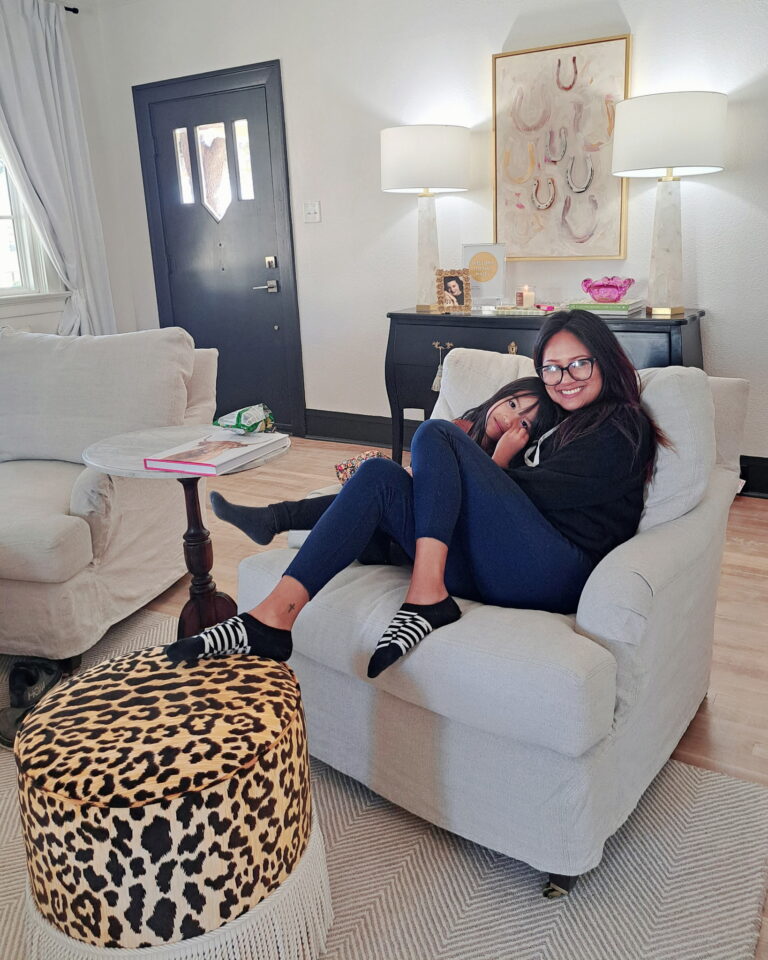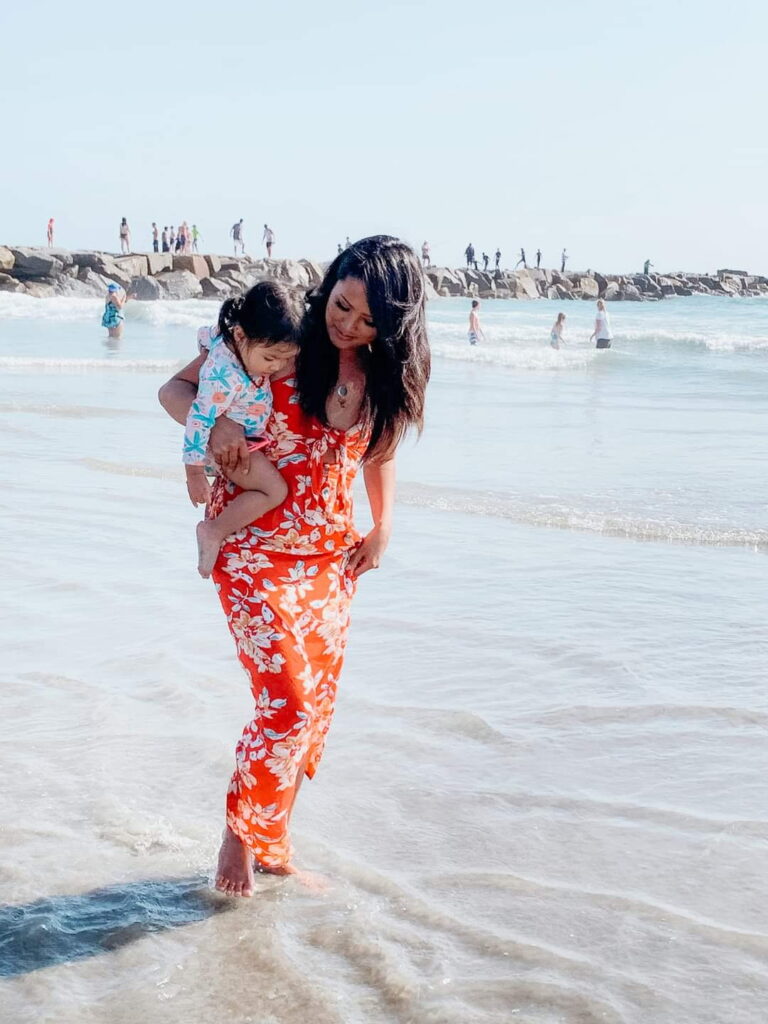Hi, I’m Nicole—and I work with people who crave deeper connections but often find themselves exhausted by them.
If you’re like me (and many of my clients), you’ve probably asked yourself, Why does something I value so deeply—connection—so often leave me feeling tired or overwhelmed? You’re not alone. We’re living in a world that pushes constant availability, emotional overgiving, and social performance—but those things don’t lead to true intimacy. They lead to burnout.
The good news? There’s another way.
You can have fulfilling, meaningful relationships—without sacrificing your well-being. Below are seven ways I personally practice and teach to help you build nourishing, sustainable connections that energize instead of deplete you. Let’s dig in.
1. Know Your Capacity—and Honor It
The first step to creating fulfilling relationships is knowing your energy capacity and respecting it.
For a long time, I would override my own signals in order to “show up” for others—accept every invitation, answer every message right away, hold space for everyone else’s emotions even when mine were overflowing. It felt noble at the time, but really, it was rooted in guilt and people-pleasing.
Now I ask myself: What do I actually have the energy for today?
Honoring your energetic bandwidth isn’t selfish—it’s foundational to sustainable connection. When you know your capacity and communicate it clearly, you give others permission to do the same. That creates a more honest, nourishing dynamic from the start.
Try This:
-
Check in with yourself before making plans: Do I feel excitement or obligation?
-
Learn to say, “I’d love to, but I need rest right now. Can we find another time?”
-
Track your energy patterns over the week to learn when you’re most available for connection.
2. Redefine What “Being a Good Friend” Means
So many of us hold onto outdated beliefs about what it means to be a “good” friend, partner, or family member—like always being available, saying yes to everything, or absorbing others’ emotions.
Here’s the truth: being a good friend doesn’t mean overextending yourself. It means showing up with presence and integrity when you can, and trusting that real connection doesn’t demand constant availability.
Let go of the idea that closeness is measured by how much you give. Instead, focus on how you show up when you’re grounded, rested, and authentic.
Try This:
-
Journal about the beliefs you carry around being a “good” friend or partner. Where did they come from?
-
Practice presence: when you do show up, give your full attention—even if it’s just for 10 minutes.
3. Create Boundaries That Protect Your Peace—Not Push People Away
Let’s clear something up: boundaries aren’t barriers. They’re invitations to healthier, more sustainable relationships.
When I started getting intentional about my boundaries, I was afraid people would think I was cold or distant. But the opposite happened. The people who respected me leaned in closer. The ones who didn’t? They revealed themselves.
Boundaries aren’t about keeping people out—they’re about letting the right people in at the right depth.
Try This:
-
Define your “non-negotiables”—the things that drain you most in relationships (e.g., late-night texting, unreciprocated emotional labor).
-
Practice saying, “That doesn’t work for me, but here’s what does.”
-
Treat boundary-setting as a self-respect practice, not a confrontation.
4. Shift from Performing to Being
Social exhaustion often stems from performing connection instead of experiencing it.
What do I mean? It’s that thing where you feel like you have to be funny, insightful, upbeat, or “on” to be accepted. This performance mode disconnects us from our truth—and from each other.
Nourishing relationships come from authentic presence, not perfection. The more you show up as your full, unfiltered self, the more room you create for others to do the same.
Try This:
-
Pay attention to where you “perform” in relationships. Is it in text tone? Body language? Stories you tell?
-
Practice “low-effort presence” with safe people—spending time together without needing to impress or entertain.
5. Focus on Depth, Not Width
It’s easy to fall into the trap of spreading ourselves too thin socially—maintaining dozens of surface-level connections out of fear we’ll miss out or let someone down.
But more isn’t always better.
I’ve found that having fewer but deeper relationships is far more nourishing. When you focus your energy on a small circle of aligned people, you create space for real intimacy, safety, and mutual care.
Try This:
-
Reflect on which relationships feel energizing vs. draining. Which ones feel reciprocal?
-
Consider who you’d like to deepen connection with, rather than who you feel obligated to keep in touch with.
-
Release the idea that you need to be everything to everyone.
6. Make Time for Solitude Without Guilt
Here’s the paradox: The more time I spend in intentional solitude, the more connected I feel when I do engage with others.
Solitude allows me to process, ground, and reset my nervous system. It helps me connect to myself—which is the foundation of connecting with others from a place of wholeness, not neediness or depletion.
Solitude is sacred. Don’t apologize for needing it.
Try This:
-
Schedule “connection detox” days or evenings with no social interaction.
-
Use solo time to journal, rest, or be in nature—not just to be productive.
-
Tell others ahead of time when you’ll be unplugging—it builds respect for your needs.
7. Lead with Vulnerability—Not Emotional Overload
Being open and honest is key to deep relationships—but oversharing too fast or using someone else as your emotional dumping ground can lead to disconnection or burnout on both sides.
The magic happens in gradual vulnerability. When you reveal pieces of yourself over time—while holding space for the other person to do the same—you build trust and safety organically.
True intimacy doesn’t demand that you share everything. It asks that you share honestly and intentionally.
Try This:
-
Before sharing something vulnerable, ask: Do I feel grounded in this, or am I seeking to be rescued?
-
Allow relationships to build slowly. Let vulnerability match the level of trust that’s been built.
-
Notice if certain connections only thrive on chaos or trauma-bonding. Those aren’t nourishing.
Final Thoughts from Nicole
You deserve connection that feels soft, safe, and supportive—not draining or one-sided.
I created this coaching practice because I believe that real intimacy should heal, not hurt. That’s what I want for you. Whether you’re re-learning how to connect after years of overgiving, or just craving deeper relationships without the burnout, I’m here to walk with you.
Start with one of these practices. Don’t try to shift everything at once. Bit by bit, relationship by relationship, you’ll build a social life that fills you up instead of wearing you down.
You were never too much. You were just giving too much to relationships that weren’t built to hold you.
Let’s change that—together.
Ready to create nourishing relationships without losing yourself in the process?
Let’s talk. Book a session at nicolemaciascoaching.com and start building the kind of connection your nervous system actually craves.









One Response
OMG Nicole! This is just what I need for where I’m at in life!!! I definitely need to meet with you!🫶🏽